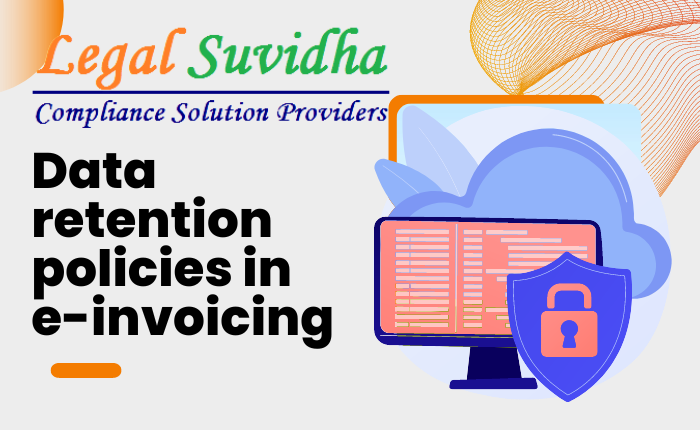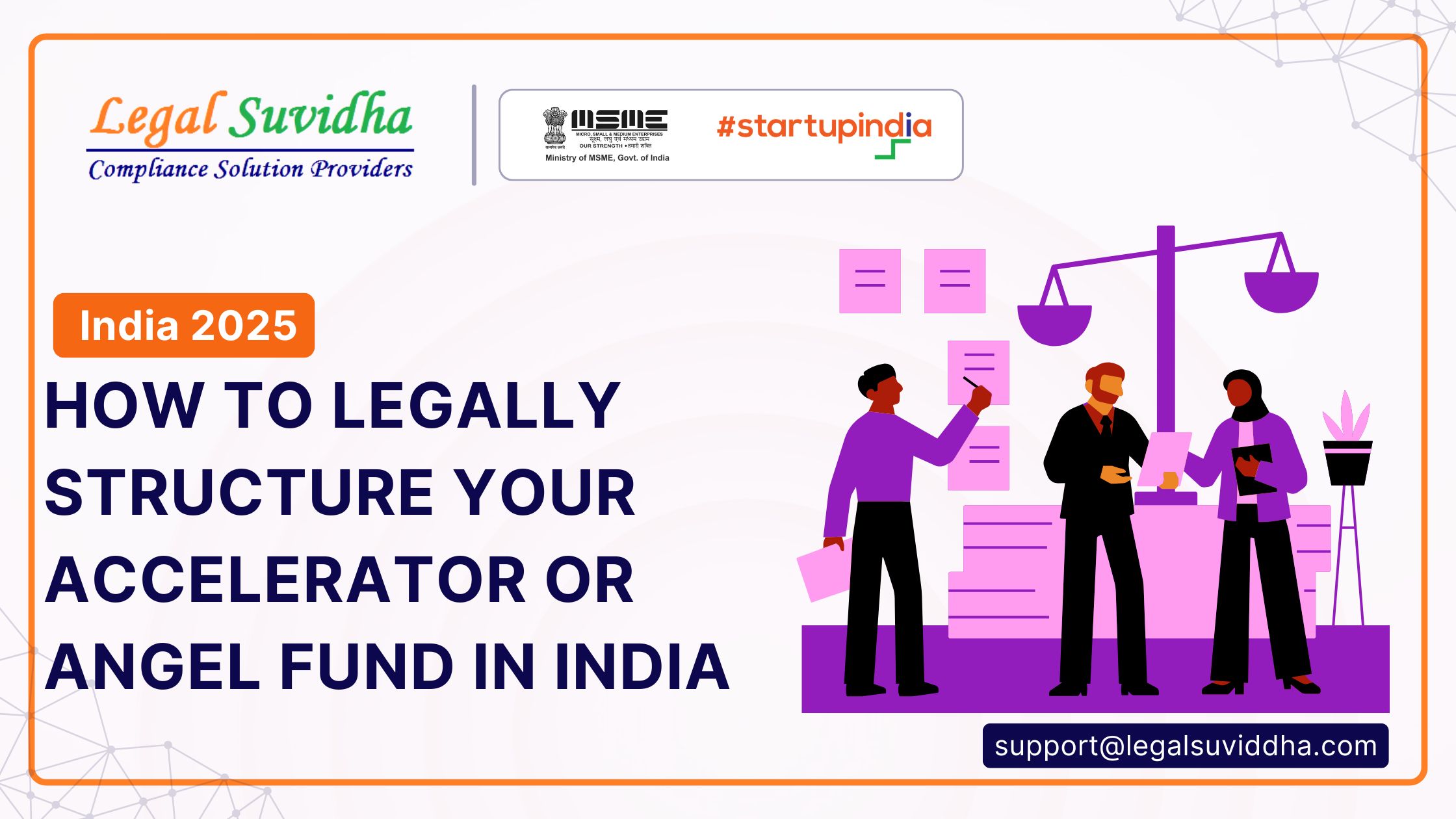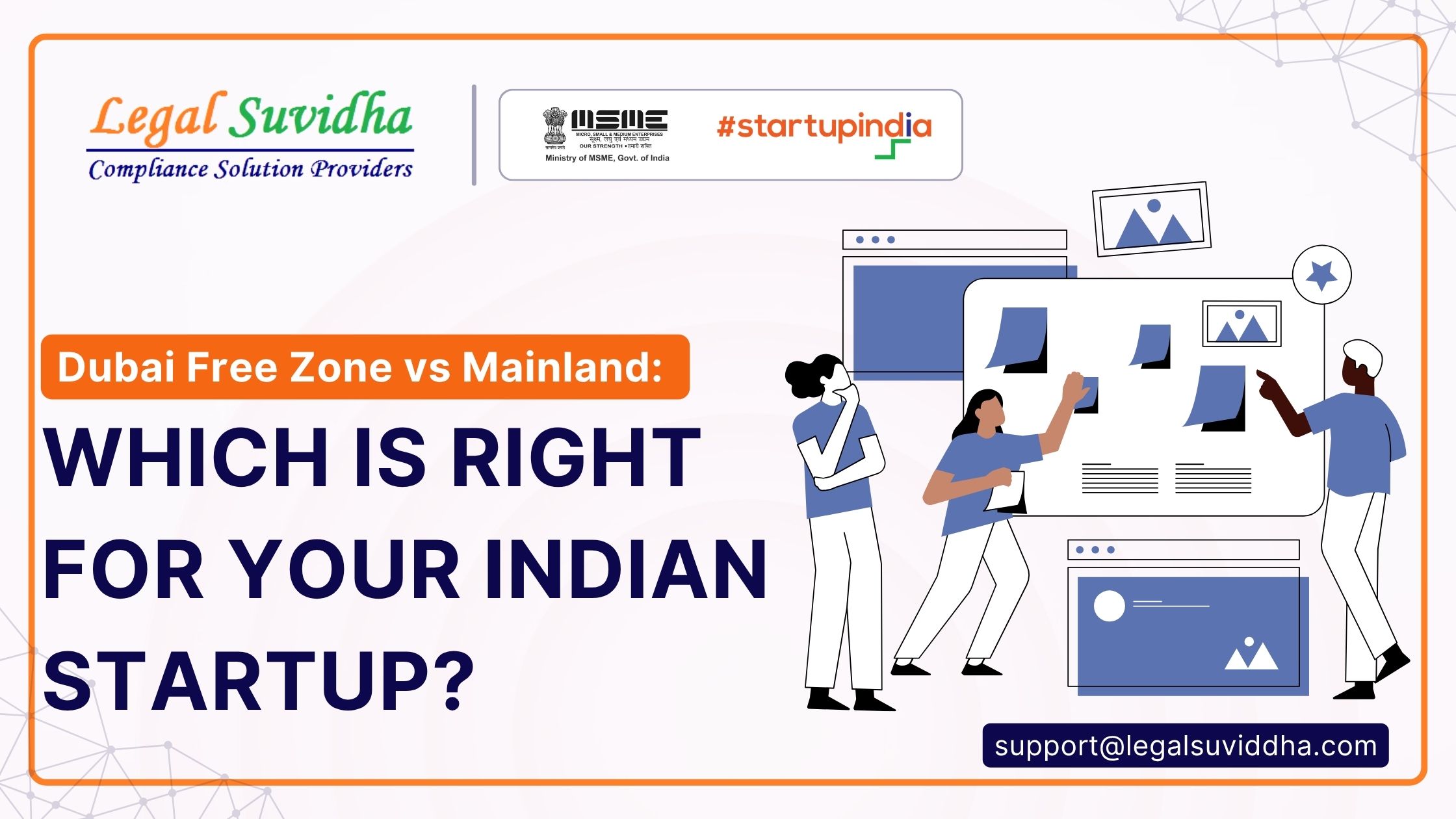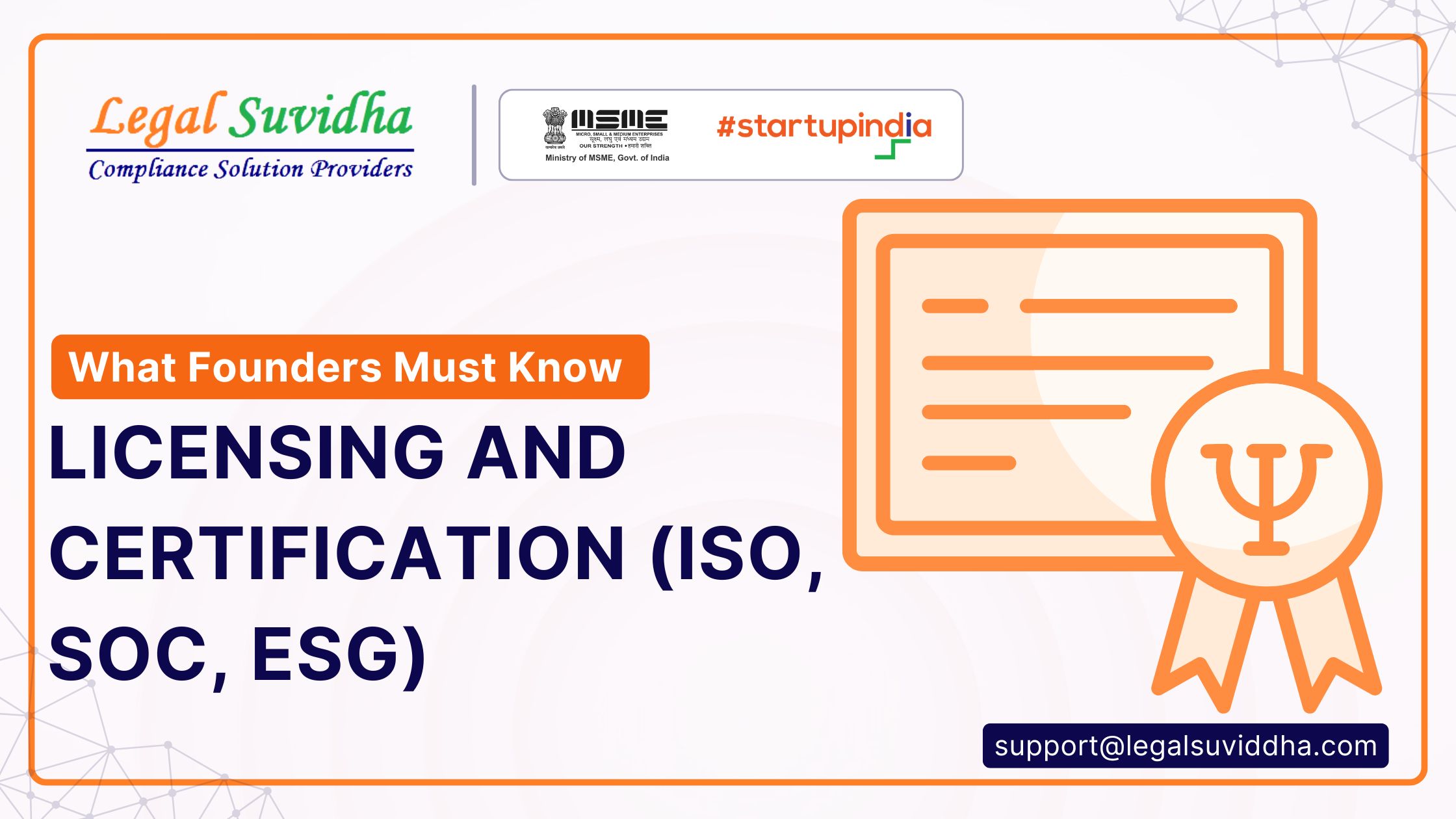In the digital era, governments worldwide are adopting electronic invoicing (e-invoicing) systems to streamline tax administration and enhance business efficiency. The Goods and Services Tax (GST) e-invoicing framework, introduced in many countries, including India, aims to simplify invoicing processes and reduce tax evasion. However, the implementation of such frameworks raises concerns about data retention policies and the potential implications on data privacy. This blog explores the significance of data retention policies within the GST e-invoicing framework and examines the associated data privacy implications.
Understanding the GST E-Invoicing Framework
The GST e-invoicing framework is a standardized digital system that ensures the seamless generation, transmission, and authentication of invoices between businesses and tax authorities. Under this framework, businesses generate electronic invoices in a specified format, including unique identifiers assigned by the Invoice Registration Portal (IRP). The e-invoices are then validated by the IRP and subsequently transmitted to the relevant stakeholders, such as the buyer, seller, and tax authorities.
Data Retention Policies in the GST E-Invoicing Framework
Data retention policies play a crucial role in the GST e-invoicing framework, as they govern the duration for which invoice-related data must be stored and maintained by businesses and tax authorities. These policies typically define the minimum time period for retaining electronic invoices and related documents. In India, for example, the GST law mandates the retention of e-invoices and associated data for a period of 6 years.
The data retention policies in the GST e-invoicing framework serve multiple purposes:
1. Compliance: By setting a specified retention period, these policies ensure businesses comply with the legal requirements of maintaining records as mandated by tax authorities.
2. Auditing and Investigations: The retained data becomes crucial during audits, assessments, and investigations conducted by tax authorities to verify the accuracy and authenticity of transactions.
3. Dispute Resolution: In cases of disputes between businesses or with tax authorities, the retained e-invoices and associated data serve as essential evidence to resolve conflicts.
Data Privacy Implications
While data retention policies in the GST e-invoicing framework serve legitimate purposes, they also raise concerns regarding data privacy. Here are a few key implications:
1. Data Security: Retaining electronic invoices and associated data for an extended period increases the risk of unauthorized access, data breaches, and misuse. Businesses and tax authorities must adopt robust security measures to protect sensitive information from unauthorized access or data leaks.
2. Consent and Control: Individuals’ personal data, including buyer and seller information, is often captured and stored in e-invoices. Data retention policies must ensure that individuals’ consent is obtained for storing and using their personal information and that they have control over their data.
3. Data Minimization: Data retention policies should adhere to the principle of data minimization, which means that only the necessary and relevant information should be retained. Excessive data storage increases the potential for privacy violations and poses unnecessary risks.
4. Cross-border Data Transfers: In scenarios where e-invoicing systems involve cross-border transactions, businesses must consider the implications of data protection laws and regulations of the involved jurisdictions to ensure compliance.
Ensuring Data Privacy in the GST E-Invoicing Framework
To mitigate the potential privacy risks associated with data retention policies in the GST e-invoicing framework, the following measures can be implemented:
1. Encryption and Data Security: Businesses and tax authorities should employ strong encryption techniques to protect the confidentiality and integrity of stored data. Regular security audits and updates should be conducted to identify and address vulnerabilities.
2. Anonymization and Pseudonymization: Personal data should be anonymized or pseudonymized wherever possible to minimize the risk of identifying individuals from retained data.
3. Consent Management: Clear consent mechanisms should be established to inform individuals about the collection, storage, and use of their personal data. Individuals should have the right to withdraw consent and request the deletion of their data.
4. Periodic Data Purging: To avoid unnecessary retention, periodic reviews should be conducted to identify and delete outdated or irrelevant data. This helps maintain data minimization principles and reduces privacy risks.
Securing third-party integrations and APIs in the GST e-invoicing ecosystem
Securing third-party integrations and APIs (Application Programming Interfaces) in the GST e-invoicing ecosystem is essential to protect the integrity, confidentiality, and availability of data. Here are some key considerations for ensuring security:
1. Authentication and Authorization: Implement strong authentication mechanisms, such as secure API keys, OAuth, or token-based authentication, to verify the identity of third-party integrations accessing the e-invoicing APIs. Additionally, enforce proper authorization controls to grant specific permissions and access levels based on the roles and responsibilities of each integration.
2. Secure Communication: Utilize secure communication protocols, such as HTTPS (HTTP over SSL/TLS), to encrypt data transmitted between the e-invoicing system and third-party integrations. This prevents eavesdropping, data tampering, and unauthorized access to sensitive information during transit.
3. Input Validation and Sanitization: Apply strict input validation and sanitization measures to prevent injection attacks, such as SQL injection or cross-site scripting (XSS). Validate and sanitize all incoming data from third-party integrations to mitigate the risk of malicious code execution or data manipulation.
4. Rate Limiting and Throttling: Implement rate limiting and throttling mechanisms to control the frequency and volume of API requests from third-party integrations. This helps prevent excessive or abusive requests that may impact the performance or availability of the e-invoicing system.
5. Data Encryption: Encrypt sensitive data at rest within the e-invoicing ecosystem, including any data stored in databases or file systems. Strong encryption algorithms and proper key management practices should be employed to safeguard data against unauthorized access or theft.
6. API Security Testing: Conduct regular security assessments, such as penetration testing or vulnerability scanning, to identify and address any security vulnerabilities or weaknesses in the third-party integrations and APIs. Stay updated with security patches and fixes provided by the API providers to mitigate known vulnerabilities.
7. Secure Development Practices: Ensure that third-party integrations and APIs are developed following secure coding practices, adhering to industry standards and guidelines. Perform code reviews and security assessments of the integrations to identify and rectify any potential security flaws early in the development lifecycle.
8. Monitoring and Logging: Implement robust monitoring and logging mechanisms to track and analyze API activities, including access attempts, data exchanges, and system behavior. Monitor for suspicious activities or anomalies that may indicate unauthorized access or potential security breaches.
9. Vendor Assessment and Due Diligence: Before integrating with third-party solutions or APIs, conduct thorough assessments of the vendors’ security practices, track records, and compliance with industry standards. Verify their adherence to data privacy regulations and ensure they have proper security measures in place.
10. Incident Response Plan: Develop an incident response plan to effectively respond to security incidents or breaches involving third-party integrations and APIs. Establish procedures for containment, investigation, communication, and recovery to minimize the impact on the e-invoicing ecosystem.
By implementing these security measures, businesses can enhance the security posture of third-party integrations and APIs within the GST e-invoicing ecosystem, mitigating the risk of unauthorized access, data breaches, or system compromises.
If You have any queries then connect with us at [email protected] or [email protected] & contact us & stay updated with our latest blogs & articles








